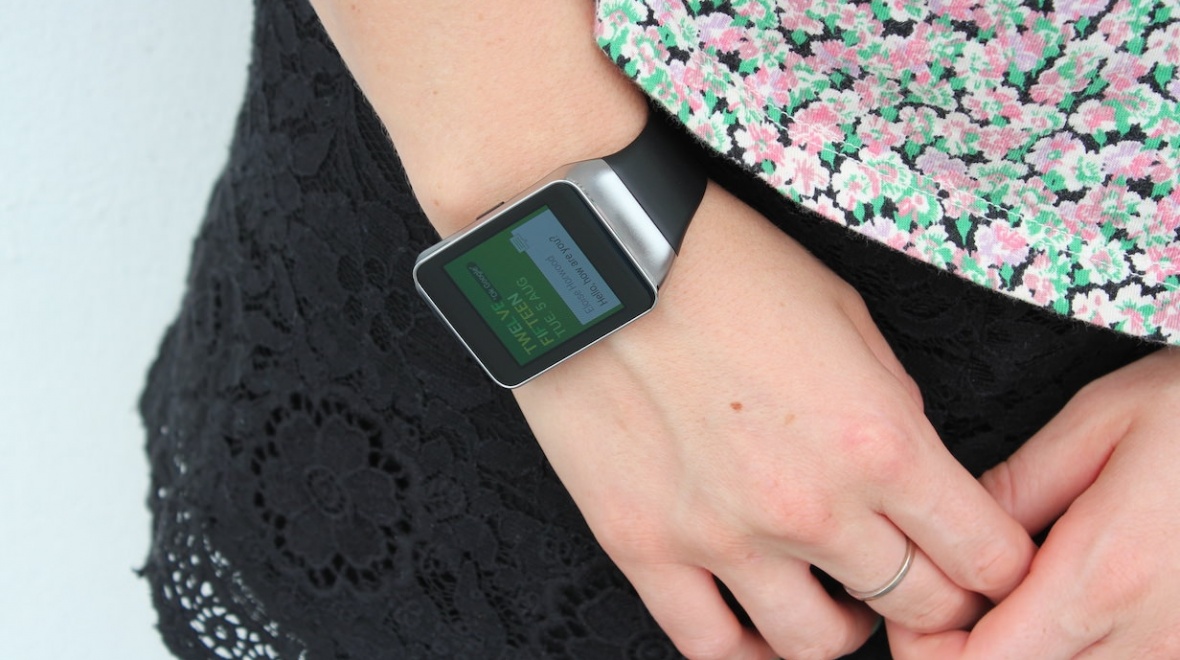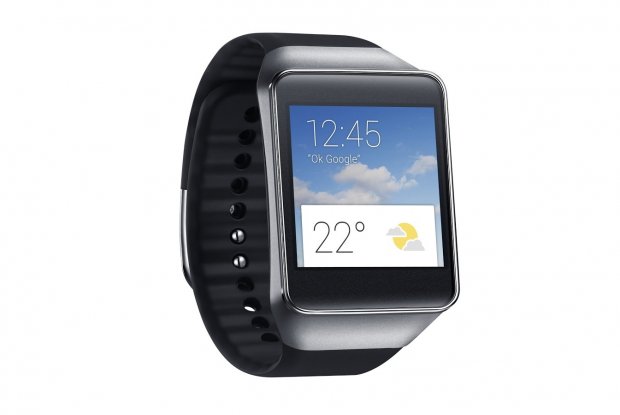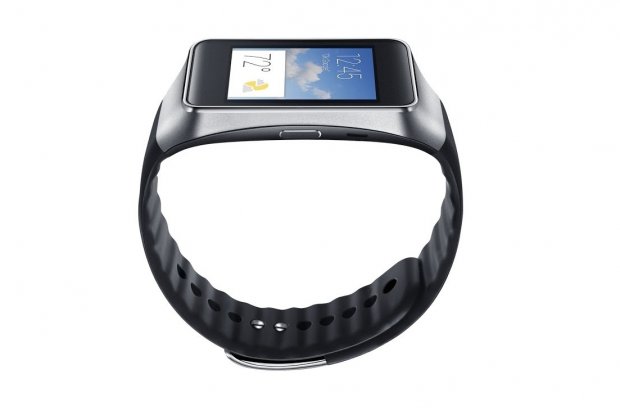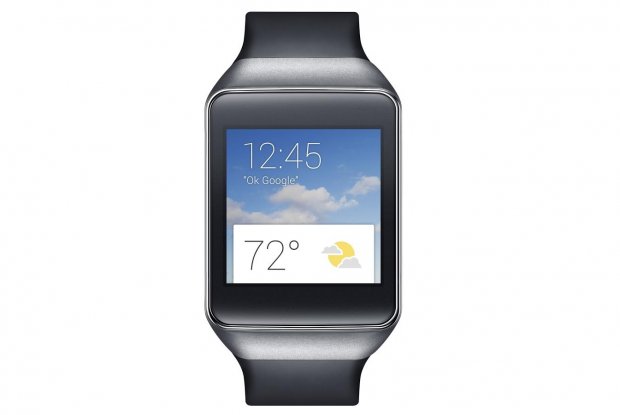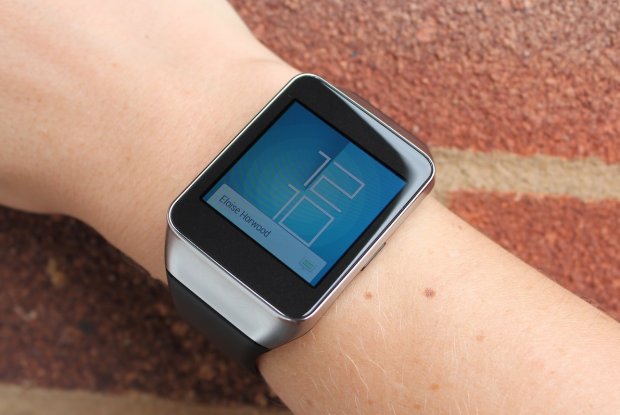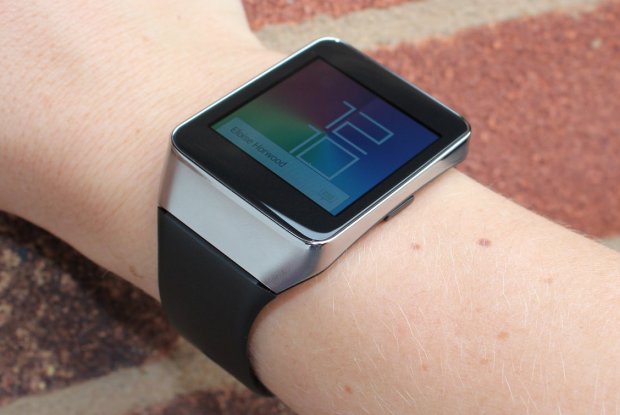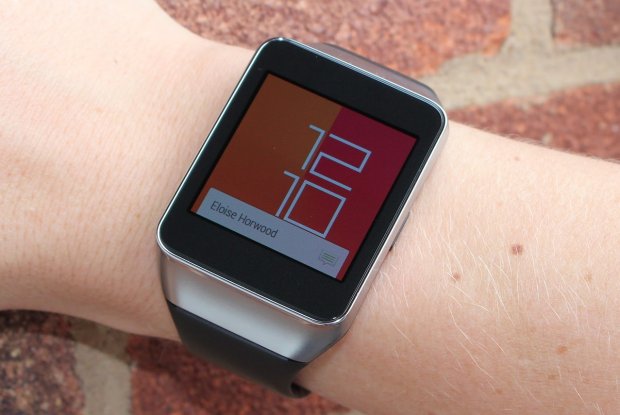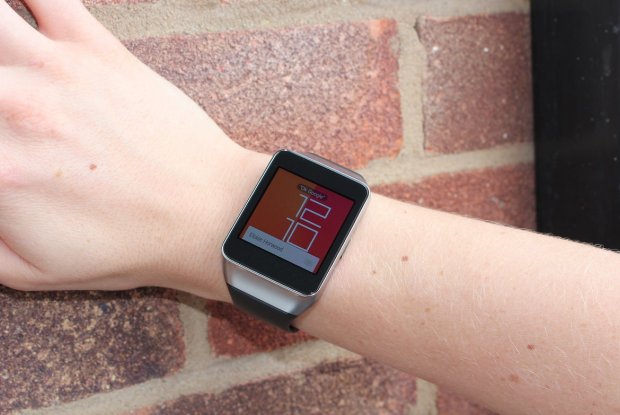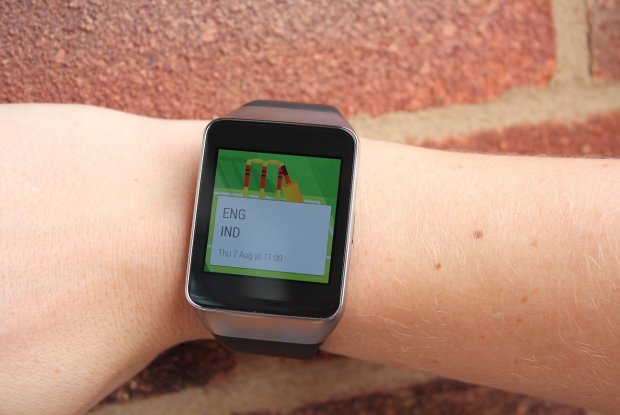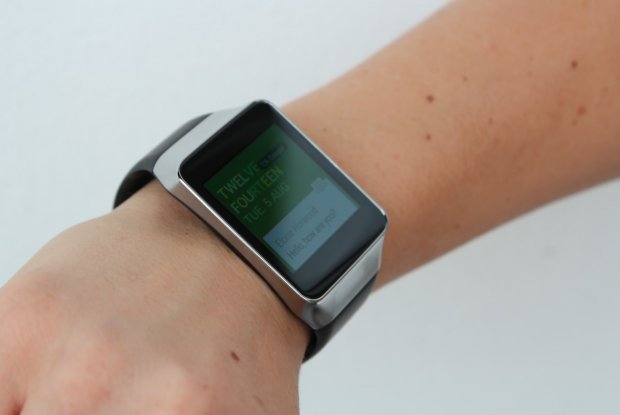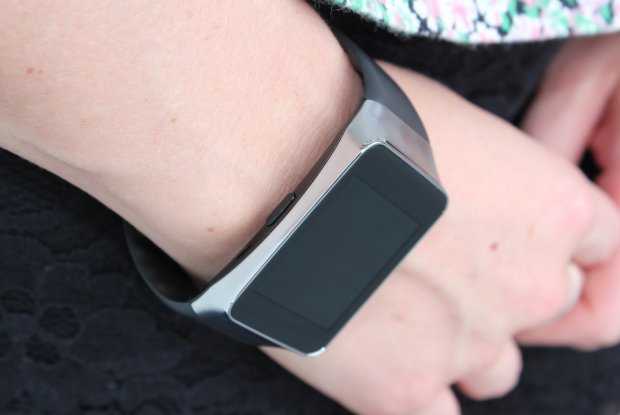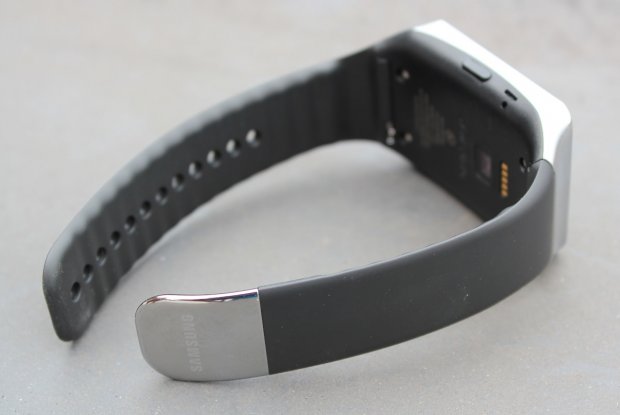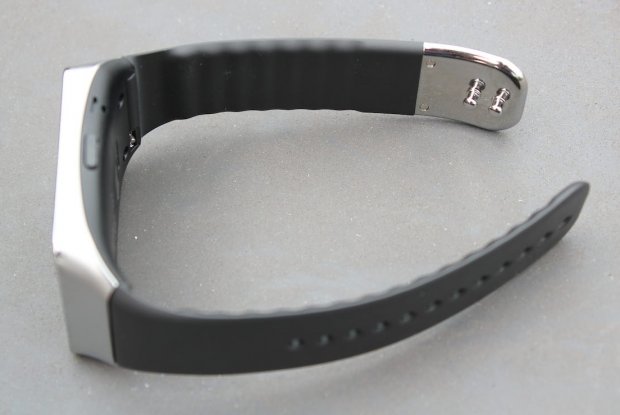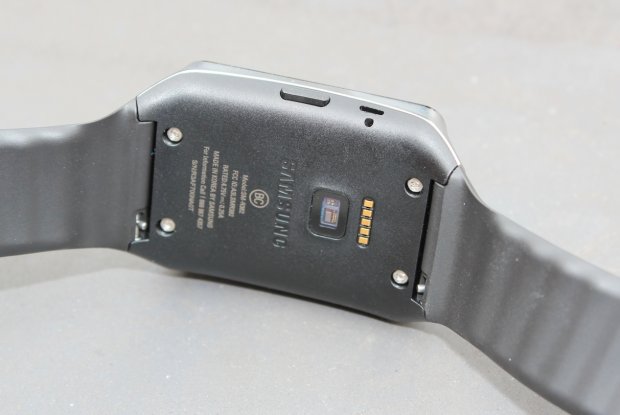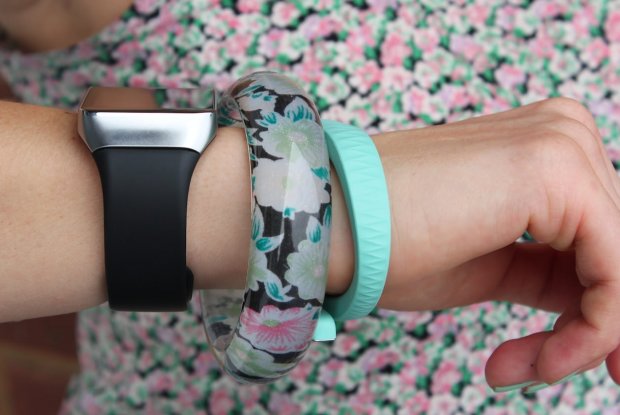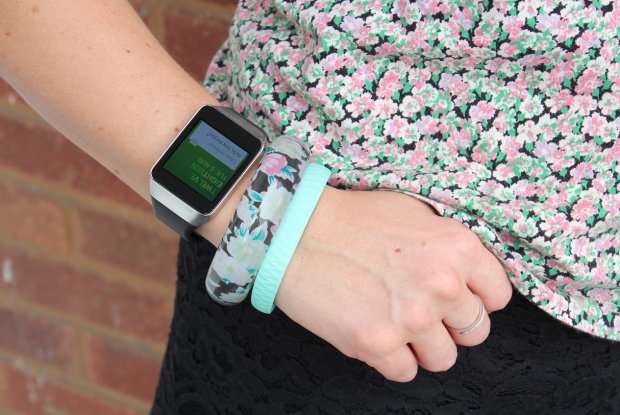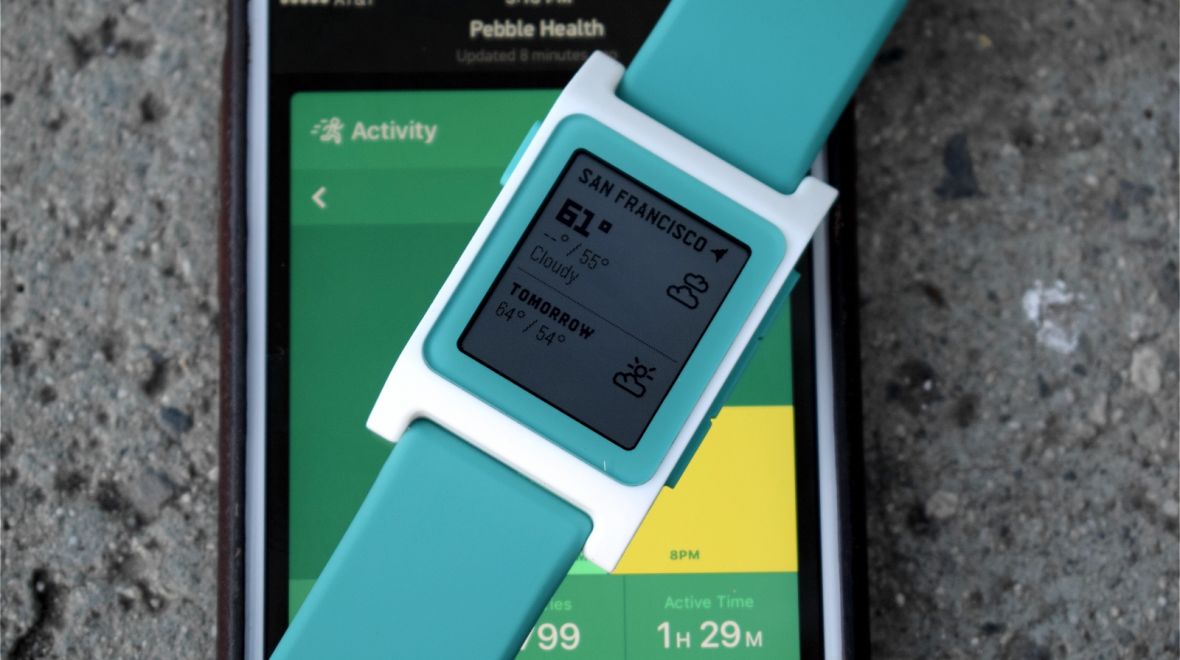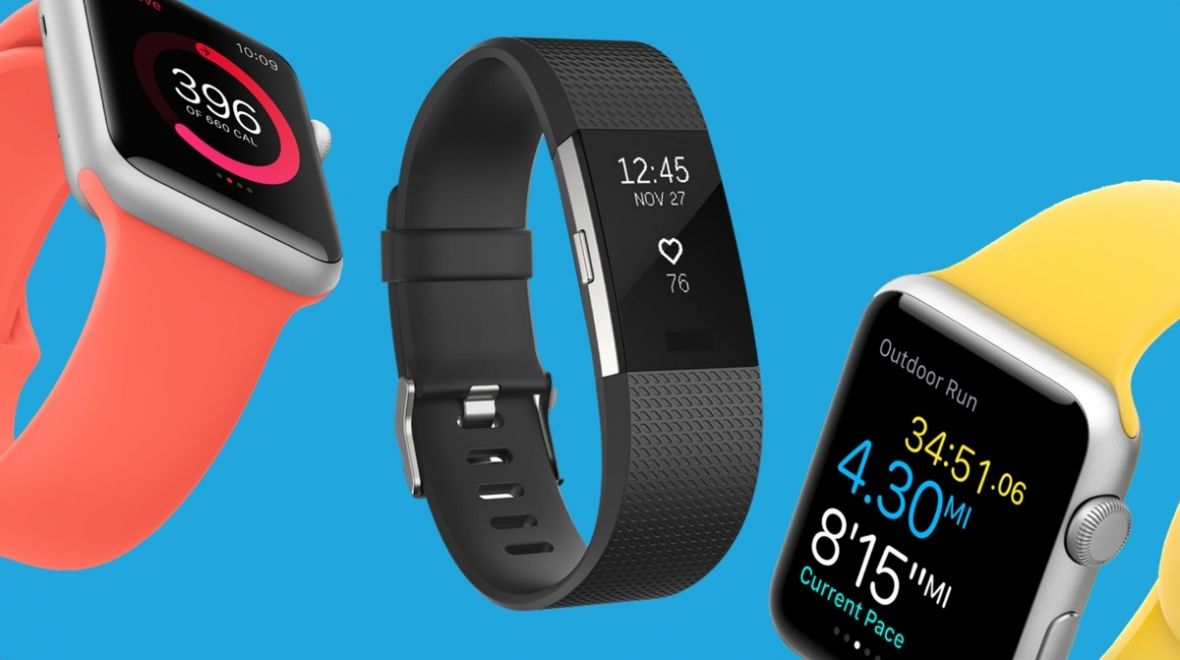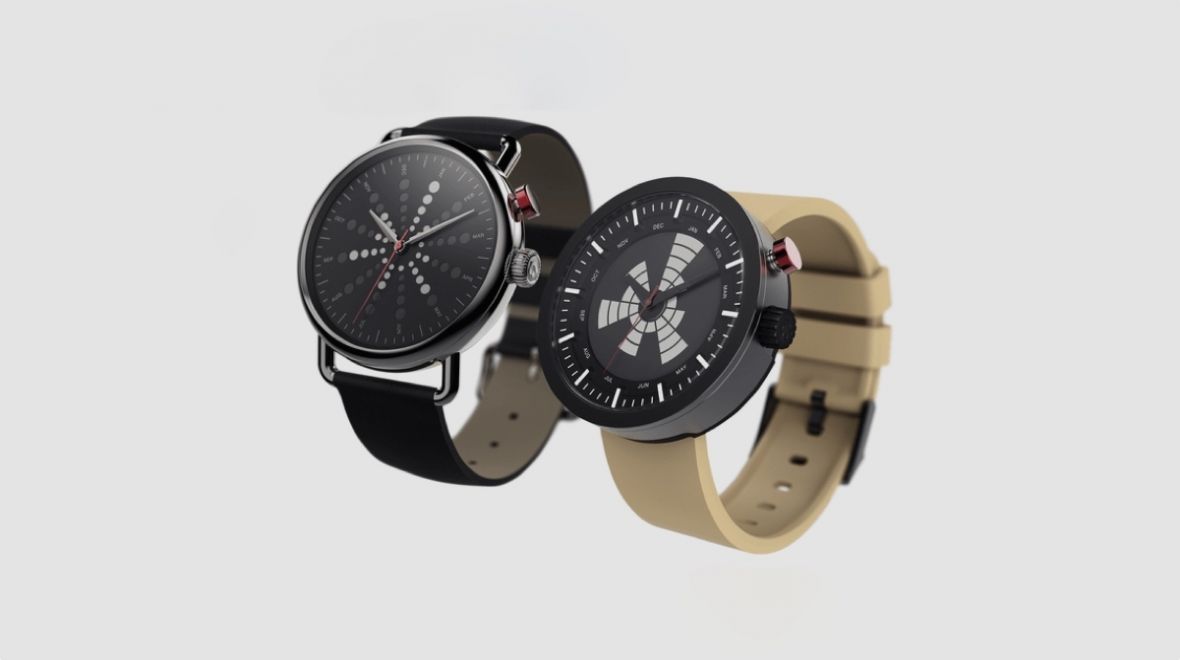The Samsung Gear Live isn’t the Korean giant’s first foray
into the smartwatch arena but it could be its most significant as, unlike the
Gears that have gone before, the Gear Live comes with Google’s newest OS on
board –
Android Wear.
Essential reading: Samsung Gear S2 review
As one of only three confirmed Android Wear devices – along
with the
LG G Watch and the Moto 360 (which has yet to go on sale) – there’s
obviously a lot of attention being laid at the door of the Gear Live, but does
it live up to the hype? Is Android Wear a big hit and is the Samsung Gear Live
the pick of the Google smartwatch bunch?
Read on to find out.
Samsung Gear Live: Design and build
If you liked the design of the Samsung Gear 2 Neo then
you’re in for a treat with the Samsung Gear Live. Yep, it’s pretty much
identical save for the different position of the physical button (at the side
rather than down the bottom) and the lack of an infrared LED.
There’s also not a speaker built into the Gear Live, you can
dictate to your smartwatch but there are no Dick Tracey-style calling options
just yet.
Back to the design and it’s a rubber strap – featuring a
clasp that is a major improvement from the monstrosity of the company’s
previous smartwatches – that seamlessly blends into the brushed metal frame
that houses the bezel and the display. It’s not the most gorgeous bit of tech we’ve ever
encountered – far from it – but it is a far more elegant design than LG’s G Watch.
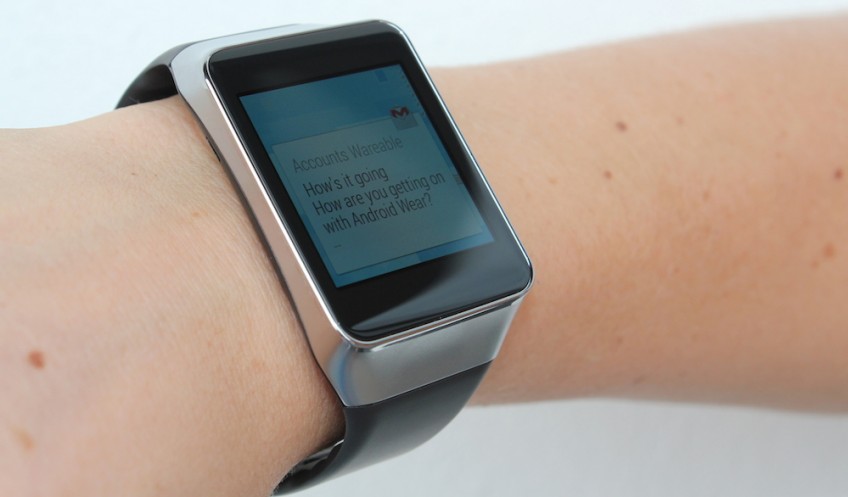
The watch strap itself is interchangeable with any standard
22mm one, although it’d be a more fiddly affair to switch to a new strap than
with the G Watch as you’ll need a mini screwdriver.
The Samsung Gear Live is a tiny bit lighter than the G
Watch and a smidgen thinner too – not that you’d notice on when it’s sitting on
your arm. It’s a comfortable smartwatch to wear, the back is slightly curved
and it sits nicely on the wrist.
It’s also around 15% lighter than the Samsung Gear 2 as it
doesn’t include a built-in camera – which is a good thing we say.
Samsung Gear Live: Fitness tracking
The first bit of one-upmanship for the Samsung Gear Live
over its rival in the LG corner is the inclusion of a heart rate monitor on the
back of the device. But don’t get too excited as it’s seemingly an inferior sensor
to the
Gear Fit and the Gear 2. Readings varied greatly and the results were a
far cry from the accuracy of something like Garmin’s heart rate monitor.
The other fitness feature built in is the Android Wear step
counter; which is also nowhere near as accurate as a dedicated activity tracker
such as the
Misfit Shine or the Fitbit Flex. These two shortfalls put the
Samsung way behind the current status quo of fitness devices, bad news for
runners and walkers.
The Gear Live is IP67 certified meaning it’s both dust and
water resistant. It should survive a shower or two, although there’s no way you
should be swimming with it on.
Samsung Gear Live: Display
Samsung wins again (at least, until the curved loveliness of
the Moto 360 arrives) with a superior screen – a 320 x 320, 1.63-inch, Super
AMOLED panel that sings from the device. It’s the same you’ll find on the Gear
2.
The colours are nice and bright and the notifications look
good thanks to the 278 pixels per inch count. However, like the G Watch it’s
fairly shoddy under bright sunlight.
See also: LG G Watch v Samsung Gear Live: what are the differences?
Like the smartphones of yesteryear the Gear Live does suffer
from the big bezel blues. There’s a fair few millimetres around the edges that
we’d have loved to see used for display purposes. Mind you, the battery life is
bad enough already…but more on that later.
Samsung Gear Live: Hardware
You’ll be hard pushed to find any differences between the
two Korean Android Wear debutants. The Gear Live, like the LG G Watch, has an
engine room consisting of a 1.2GHz Qualcomm Snapdragon 400 processor and 512MB
of RAM.
Just like the G Watch, that is plenty enough of processing
power for Android Wear – you won’t find any app that’ll make it lag or stutter.
It’s a very minimal system.
There’s 4GB of storage on board, which doesn’t sound much,
but you’re not going to fill it up because Android Wear apps are predominantly installed
onto your smartphone and only small files are directly installed onto your
smartwatch.
Samsung Gear Live: Smartphone pairing
Android Wear, unlike its smartphone brethren, is still very
much a vanilla OS experience, meaning that manufacturers haven’t been able to
tweak the UI and offer up different skins on the early devices. And that means
that the user experience between the LG G Watch and the Samsung Gear Live is
pretty much identical; which is not surprising given the near duplicate spec
sheets.
So, just as with the LG G Watch, Samsung’s smartwatch has
three core elements; relayed smartphone notifications, Google Now and voice
search.
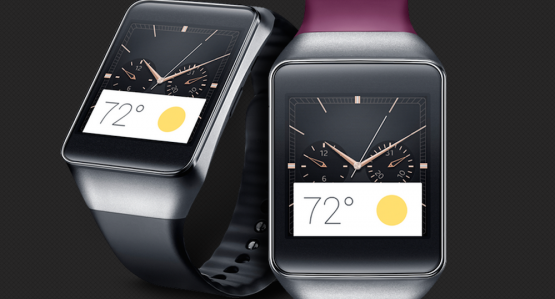
The companion Android smartphone app plays a big part of the
Android Wear experience. Pairing up your watch to your phone using Bluetooth is
a doddle, and you can then manage what notifications appear on your smartwatch
and what are the default apps for specific instructions. For example, you can
set Evernote to be your recorder of choice when you say, “ok Google, take a note.”
We paired our Gear Live review sample with a HTC One (M8) with
no bother at all. One of the great things about Android Wear is that it’s
manufacturer agnostic, so the smartwatches will play nicely with any Android
device. That sets the Gear Live apart from its older siblings as the
Tizen-powered Gear devices would only pair with certain Samsung handsets.
Samsung Gear Live: Notifications, search and Google Now
Once paired and you’ll start to see notifications appearing
from a wide range of apps installed on your smartphone incoming texts, WhatsApp
messages, tweets, Facebook updates, emails, game alerts and more.
Android Wear contenders
There are currently two Android Wear smartwatches are available to buy: the LG G Watch and the Samsung Gear Live. A third, the hotly anticipated, round-faced, Moto 360 is likely to join the Korean duo by hitting the Play store soon. Stay tuned to Wareable for the full review.
Your notifications are presented in card style, with updates
from the same app nicely stacked – it’s very much the Google Now experience
that you’re used to from your smartphone on a smaller screen. You can simply
swipe up and down to go through your alerts, with a left swipe providing a more
info and a right swipe dismissing them.
It’s a system that works okay in the most part, although you
will often find that you’re not entirely sure where you’re navigating to – it’s
not as clear as a smartphone notification centre, that’s for sure. However,
that’s a cross-device Android Wear issue rather than one unique to the Samsung
Gear Live and we had no trouble getting our review model to recognise our swipe
gestures at all.
Google Now is the driving force behind the second major
element of the Android Wear platform and if you’ve used the service on your Android
smartphone, you know what to expect. Expect to see traffic updates, football
scores, news headlines, meeting reminders, weather forecasts and more popping
up on your Gear Live’s screen.
These Google Now updates can seem a little random but this is
not an issue unique to the Gear Live – the same randomness of updates is also
something we noticed on the G Watch as well. We think the potential of Google
Now is definitely more exciting than its current worth. It’s a platform that
will only become stronger and more intuitive over time.
Samsung Gear Live: Voice commands
The third element of the Android Wear experience is the
voice interaction. You’re going to have to get used to talking to your watch if
you’re to get the most out of the new platform.
Voice actions, like on Google Glass, are started with an “Ok Google”, followed by an instruction: “remind me….send a
text….take a note….navigate to” and so on. You can also just ask a question and be
presented with a Google Now style result card featuring information from the
web.
On the Gear Live the voice command functions worked just as
well as we found they did on the G Watch with only a few hiccups every now and
again.
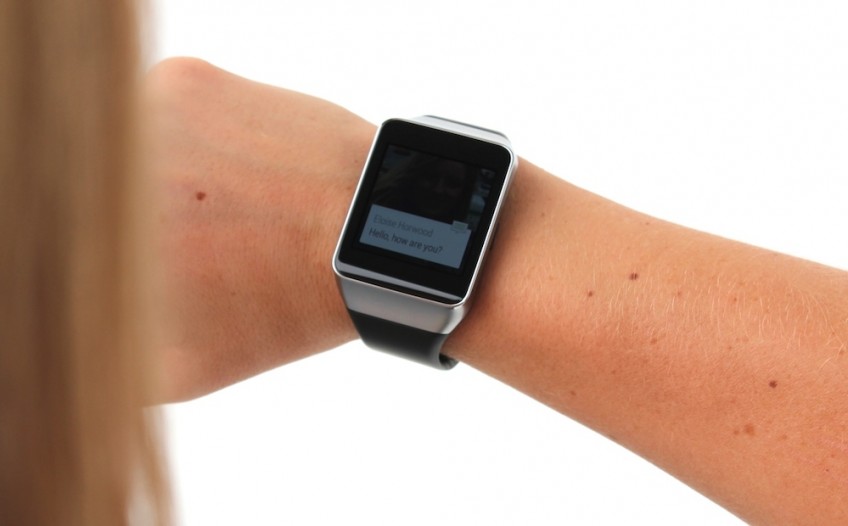
Unlike the G Watch, there is a physical power button on the
Gear Live, which is handy if you want to power down to save battery (something
you might have to get used to doing), and it’s also an easy way to wake up your
display from the low-light standby mode without moving your arm.
The standard Android Wear method to activate the display and
get your smartwatch to listen to your voice commands is to lift your arm as if
you were looking at the time. We had some issues with the LG G Watch with this
method but we’re happy to say it’s a lot more reliable on Samsung’s device.
Samsung Gear Live: Battery life
At just 300mAh we weren’t expecting much but, even so, we’d
hoped that it wouldn’t be quite as poor as it is. With what we’d consider
normal usage – checking notifications during the day, reading the odd Google
Now update and occasionally controlling Spotify tracks – you can expect to
leave the house in the morning fully charged and be in desperate need of a plug
socket by around 9pm. Not great at all.
And it isn’t just a plug socket that you’ll need. Like most
wearable tech devices, the Gear Live requires the use of a separate charging
accessory, in this case an awkward little bit of plastic that clips on the back
and packs a Micro USB slot for juicing up.
We also noticed that it takes a lot longer to get the Gear
Live up to 100% when charging (around 2 hours) than the G Watch, although
this is slightly irrelevant if you’re likely to charge it overnight.
Samsung Gear Live
By Samsung
Ultimately, if you’re picking a winner between the first two Android Wear entrants, you have to side with Sammy’s smartwatch. While not perfect, the Gear Live gives a much more rounded wearable experience, presented in a better chassis and via a superior display. It’s far from perfect but, for just £10 more at £169, it’s obvious to us which Android Wear debutant early adopters should pick – at least until the Moto 360 arrives, that is.
Hit
- Super AMOLED pixel power
- Extra health features
- Sleek design
- Early adopter geek points
Miss
- Terrible battery life
- Heart rate monitor not accurate
- Slow charging
- Only 13 official watch faces
SOURCE:http://www.wareable.com/android-wear/samsung-gear-live-review
